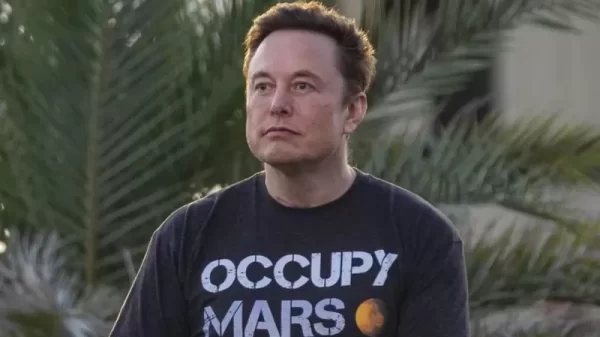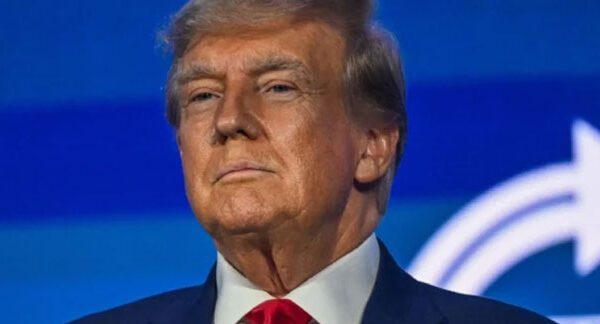China and Russia Boost Bolivia’s Lithium Sector with $1.4 Billion Investment
China’s Citic Guoan and Russia’s Uranium One Group, both with significant state participation, have announced a partnership with Yacimientos de Litio Bolivianos (YLB) to establish two lithium carbonate plants in Bolivia. President Luis Arce revealed this development during a public event in La Paz.
Bolivia, a South American nation known for its extensive lithium reserves, has attracted a total investment of $1.4 billion from China and Russia for lithium projects crucial to electric vehicle batteries. As the world increasingly embraces clean energy, the demand for lithium has surged due to its use in rechargeable lithium-ion batteries for vehicles and renewable energy storage systems.
The agreement was formalized in the presence of representatives from Bolivia, China, and Russia, representing the three participating companies.
Earlier in January, President Arce’s government signed another agreement with the Chinese consortium Catl Brunp & Cmoc (CBC) to establish two lithium battery plants, with CBC committing to invest a minimum of $1 billion.
According to the Bolivian government’s presentation, Uranium One Group will invest $578 million in a plant located in the Pastos Grandes salt flats, while China’s Citic Guoan will invest $857 million in a second plant situated north of the Uyuni salt flats. Both plants will be located in the southwest Andean department of Potosi.
Each complex is expected to have an annual production capacity of up to 25,000 metric tons. Construction of the plants is scheduled to commence within the next three months.
Bolivia possesses certified lithium reserves of 21 million tons in the Uyuni salt flats, making it the largest known source of lithium in the world. However, the country has faced challenges in fully capitalizing on these reserves, attributed in part to geographical constraints, political tensions, and a lack of technical expertise.
The Ministry of Hydrocarbons and Energy stated that it anticipates lithium exports to reach $5 billion by 2025, surpassing the revenue generated from natural gas, which amounted to $3.4 billion in 2022 and currently serves as Bolivia’s primary source of income.








